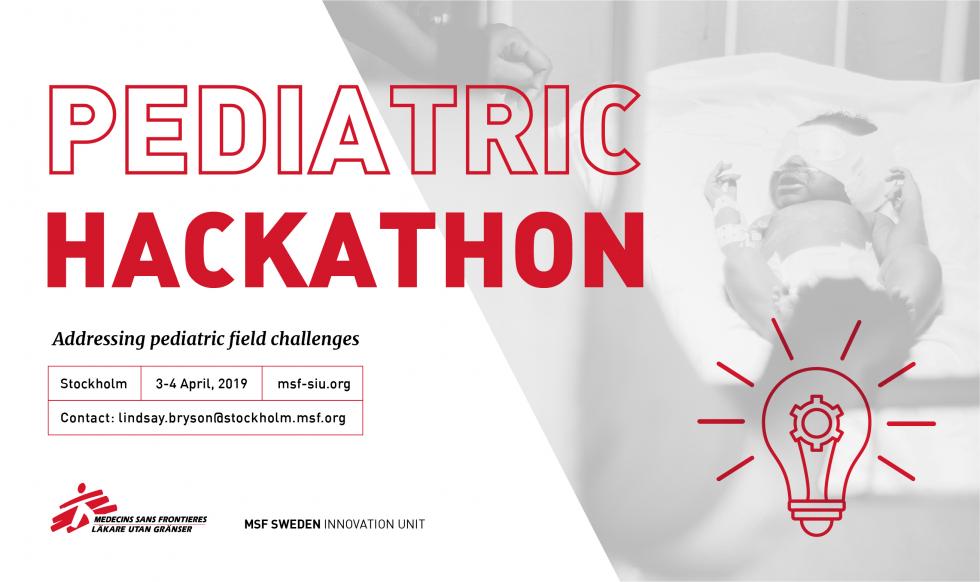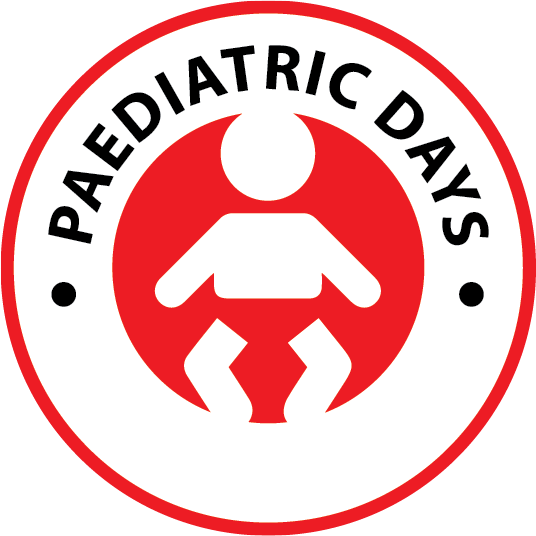Pediatric hackathon - addressing pediatric field challenges

The Sweden Innovation Unit (SIU) initiated the Pediatric Innovation Hackathon in April 2019 in an effort to capitalize on the external and internal knowledge base available in Stockholm for the annual MSF Pediatric Days which were held with a global MSF pediatric cohort the day after the hackathon.
At the MSF Sweden Innovation Unit (SIU), we practice a human-centered design approach to innovation projects. Essentially this means that we strive to consistently put end-users first and ensure their needs are properly researched, understood and analysed as the first stage of any MSF SIU innovation project.
Since 2015 the SIU has been exploring different innovation cases brought forward by MSF field staff, and others within the organisation, looking to scale potential solutions for challenges they have identified first hand. In order to do this, the SIU champions a three-step process of initiation, development, and implementation.
The SIU initiated the Pediatric Innovation Hackathon in April 2019 in an effort to capitalize on the external and internal knowledgebase available in Stockholm for the annual MSF Pediatric Days which were held with a global MSF pediatric cohort the day after the hackathon. The presence of the core Pediatrics Days being held in Stockholm meant that broader Pediatric challenges, current care practices, and incoming priorities were being discussed by a broader MSF community signalling an opportune moment to engage this group and the wider movement in the Innovation Unit efforts to accelerate pediatric care practices of the future.
Through a series of semi-structured interviews with key stakeholders across the movement the SIU shortlisted a number of themes identified by stakeholders and grouped these into challenges that could fit the structure of a Hackathon.
The challenges identified through interviews with MSF stakeholders were the following:
1. Non-insecticidal community-based Malaria Prevention
2. Creative Wound Dressing and Management
3. Fluid Management in Neonatal Care
4. Child-Friendly Spaces and Interventions
